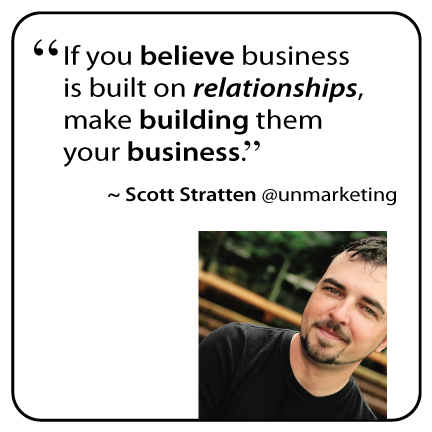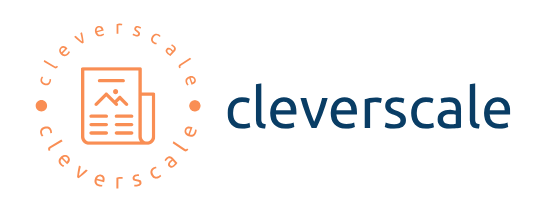Starting a Transformative Business? – The 3 Key Questions You Must Ask
 If nothing else, passionate entrepreneurs have eagerness and optimism in abundance. However, in business, as we know, there is no such thing as a sure thing. Each new venture is a learning lab in which the entrepreneur’s ambitions and ideas are tested against market realities and hard financial facts. The
If nothing else, passionate entrepreneurs have eagerness and optimism in abundance. However, in business, as we know, there is no such thing as a sure thing. Each new venture is a learning lab in which the entrepreneur’s ambitions and ideas are tested against market realities and hard financial facts. The

 One of the biggest mistakes that aspiring business owners make is overlooking the importance of digging deep into what their true motivations are for starting a business and if their life is truly ready for this change. They get so busy in trying to figure out the logistics involved in
One of the biggest mistakes that aspiring business owners make is overlooking the importance of digging deep into what their true motivations are for starting a business and if their life is truly ready for this change. They get so busy in trying to figure out the logistics involved in